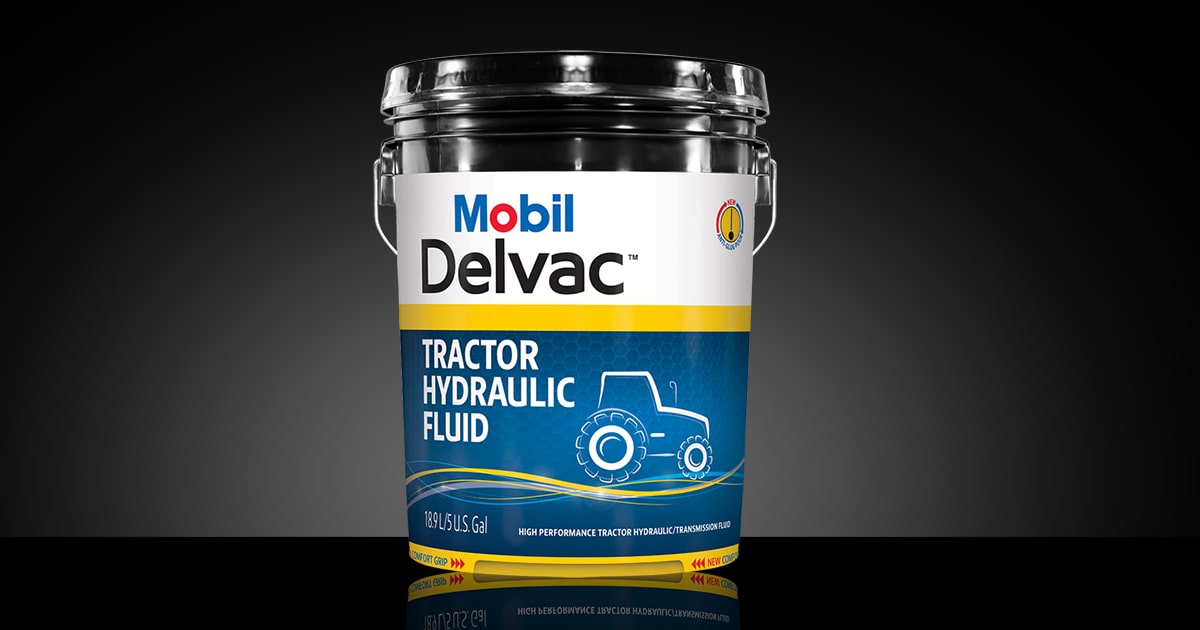So, in your experience, fans radiators coolant and thermostats never fail. And, its impossible to cause an overheat.
Some of us don't live in a perfect world. I plan for all possible failures and visc is an easy bandaid.
Neighbors fan on his lawn tractor split in two and failed. He was lucky enough to shut it down before meltdown(or hopefully). And, it was filled with a thick enough synth oil where the temporary high temps shouldn't be an issue(hoping it wasn't failed long ago). I've seen identical failures cause rod knock and eventually engine failure. Fan on order and will end up changing oil/filter after repair for filter inspection. Didn't notice oil sparkles on the dipstick which is a good sign.
I personally don't care what anyone does or doesn't. When and if you have a failure, its on you. I don't recommend using a 7cst UTF if the recommended fluid is 11cst. And, there is no shortage of said fluids, and as such, no need to substitute anything from the original recommendations.


